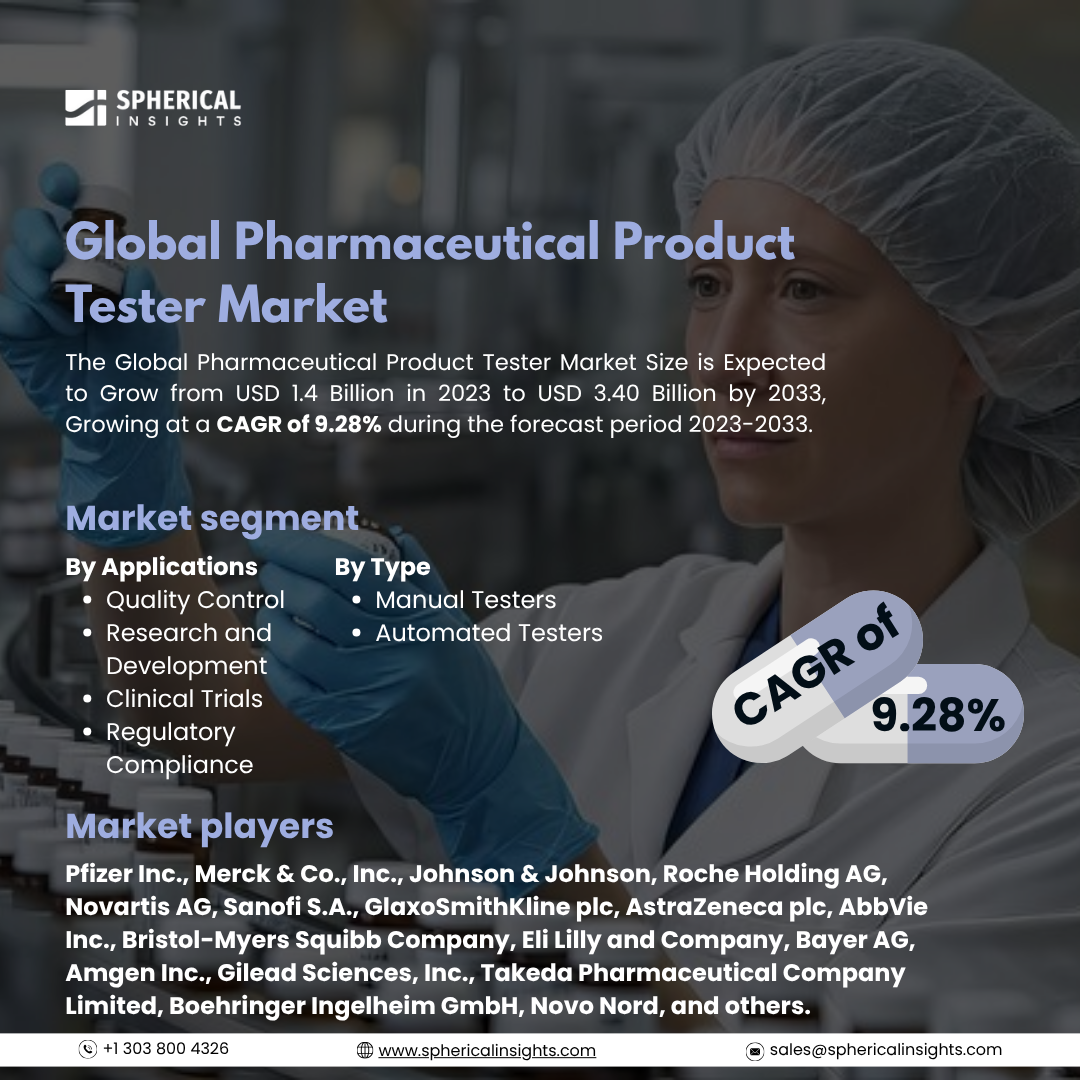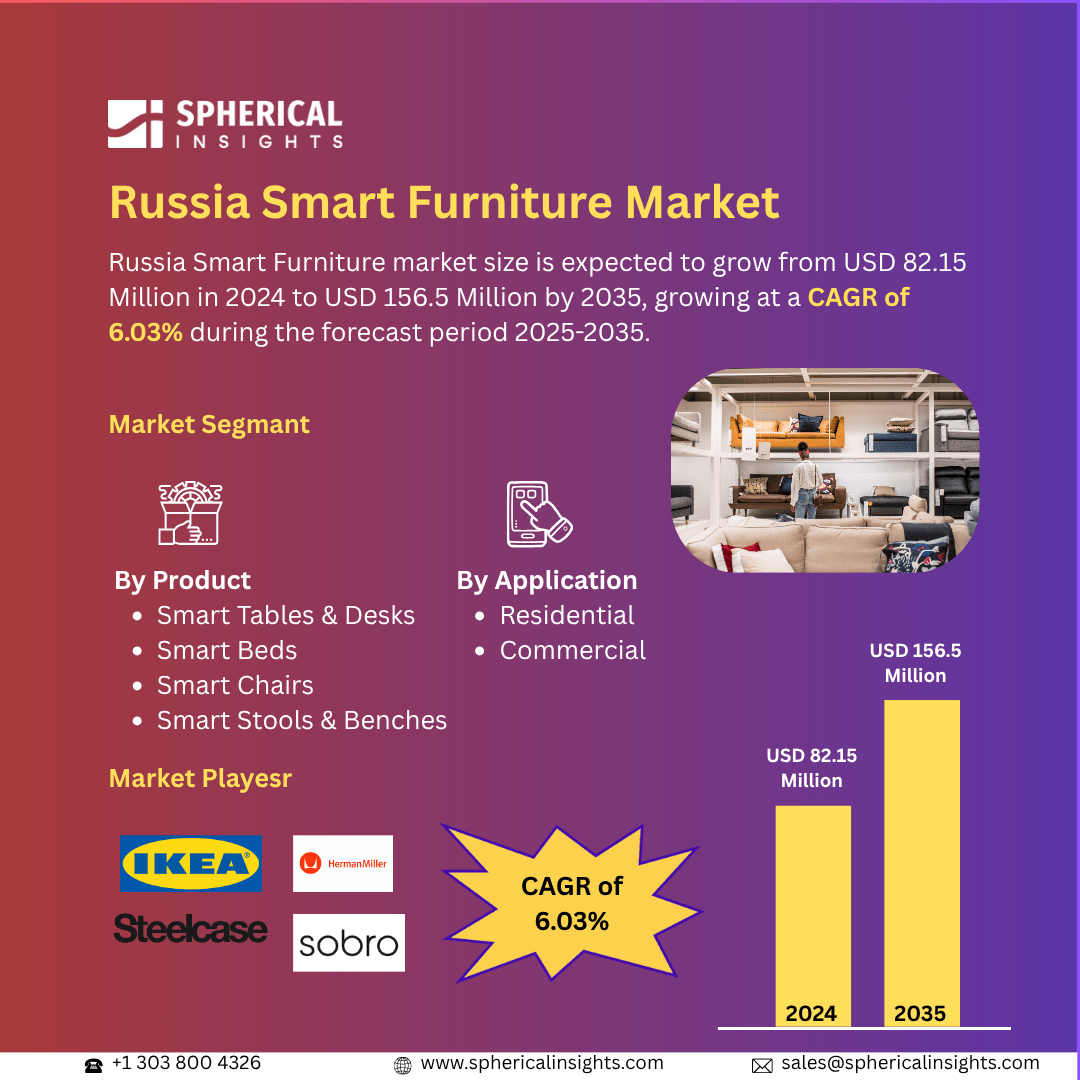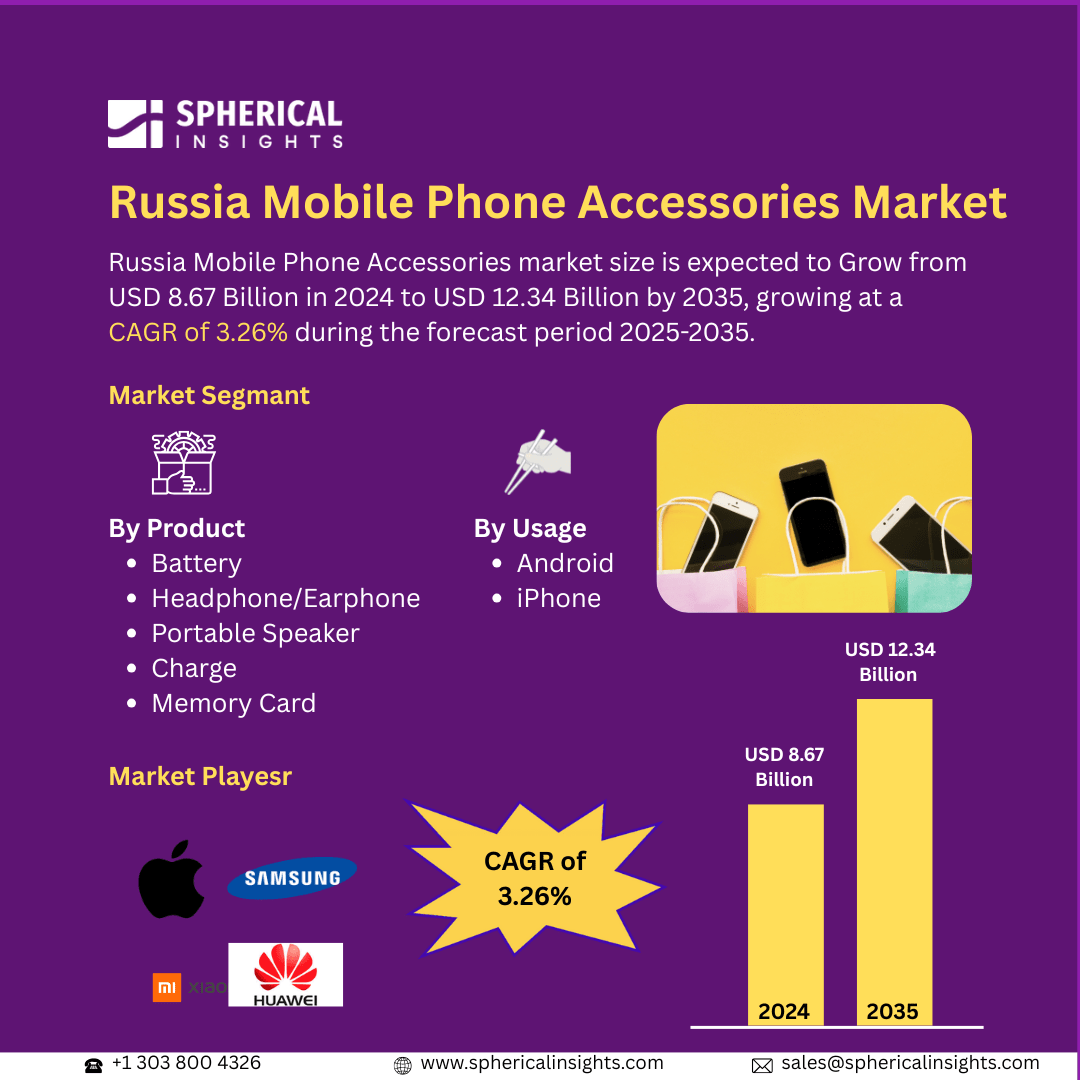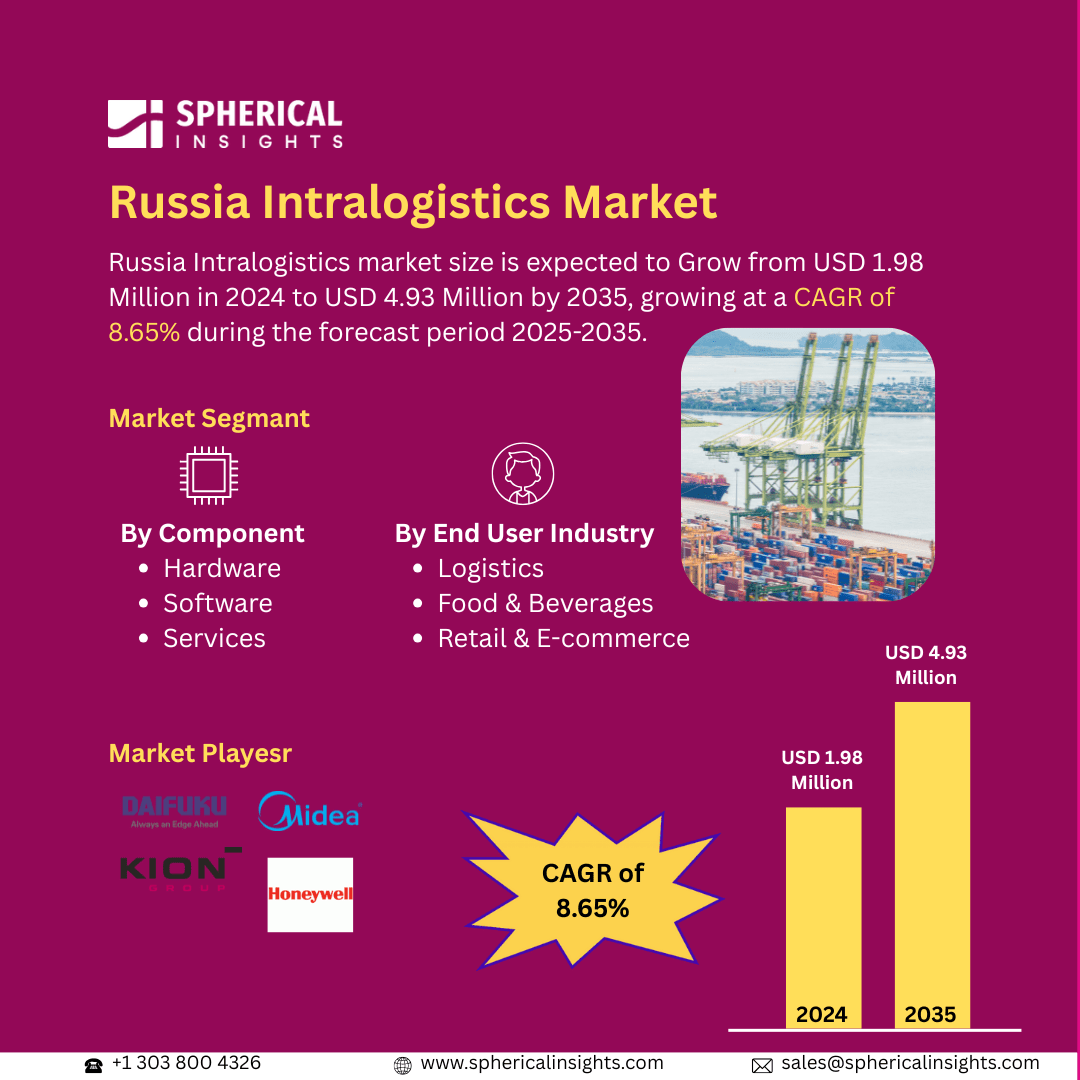Global Pharmaceutical Product Tester Market Size To Exceed USD 3.40 Billion By 2033
According to a research report published by Spherical Insights & Consulting, The Global Pharmaceutical Product Tester Market Size is Expected to Grow from USD 1.4 Billion in 2023 to USD 3.40 Billion by 2033, Growing at a CAGR of 9.28% during the forecast period 2023-2033.
Browse 210 market data Tables and 45 Figures spread through 190 Pages and in-depth TOC on The Global Pharmaceutical Product Tester Market Size, Share, and COVID-19 Impact Analysis, By Type (Manual Testers, Automated Testers), By Application (Quality Control, Research and Development, Clinical Trials, Regulatory Compliance), and By Region (North America, Europe, Asia-Pacific, Latin America, Middle East, and Africa), Analysis and Forecast 2023 - 2033
The global pharmaceutical product tester market refers to the business that assists to healthcare sector by focusing on evaluating the safety, efficacy, and quality of pharmaceutical products through rigorous testing procedures. This market includes professionals who conduct preclinical testing, clinical trials, and post-market surveillance to ensure compliance with regulatory standards. The strong regulatory requirements controlling drug safety and efficacy, as well as the rising demand for premium pharmaceutical items, are responsible for this remarkable increase. Pharmaceutical product testers are in high demand worldwide due to the emphasis on quality control, which is motivated by the requirement to guarantee patient safety and adherence to regulatory standards. However, the high cost of deployment resistance to small and medium-sized healthcare organisations tends to restrict the market growth.
The automated testers segment dominated the global pharmaceutical product tester market in 2023 and is expected to grow at a significant CAGR over the forecast period.
On the basis of the type, the global pharmaceutical product tester market is classified into manual testers, and automated testers. Among these, the automated testers segment dominated the global pharmaceutical product tester market in 2023 and is expected to grow at a significant CAGR over the forecast period. This segment growth is driven by the growing complexity of testing procedures and stringent regulatory norms.
The regulatory compliance segment accounted for the highest share of the global pharmaceutical product tester market in 2023 and is anticipated to grow at a notable CAGR over the forecast period.
On the basis of the application, the global pharmaceutical product tester market is classified into quality control, research and development, clinical trials, and regulatory compliance. Among these, the regulatory compliance segment accounted for the highest share of the global pharmaceutical product tester market in 2023 and is anticipated to grow at a notable CAGR over the forecast period. This segment growth is driven by the rising need for several testing procedures to guarantee that pharmaceutical items adhere to legal requirements due to strict standards for drug testing.
Asia Pacific is expected to hold the largest share of the global pharmaceutical product tester market over the forecast period.
Asia Pacific is projected to hold the greatest market share of the global pharmaceutical product tester market over the forecast period. The regional market growth is driven by the increasing investments in pharmaceutical R&D, the rise in chronic disease prevalence, and more regulatory laws and more than that, China and India are becoming key players for regional market growth in the pharmaceutical sector.
North America is expected to grow at the fastest CAGR of the global pharmaceutical product tester market over the forecast period. The regional market expansion is accelerated because of the existence of significant pharmaceutical businesses, cutting-edge medical facilities, and substantial investments in R&D and quality assurance.
Company profiling
Major vendors in the global pharmaceutical product tester market are Pfizer Inc., Merck & Co., Inc., Johnson & Johnson, Roche Holding AG, Novartis AG, Sanofi S.A., GlaxoSmithKline plc, AstraZeneca plc, AbbVie Inc., Bristol-Myers Squibb Company, Eli Lilly and Company, Bayer AG, Amgen Inc., Gilead Sciences, Inc., Takeda Pharmaceutical Company Limited, Boehringer Ingelheim GmbH, Novo Nord, and others.
Key Target Audience
- Market Players
- Investors
- End-users
- Government Authorities
- Consulting And Research Firm
- Venture capitalists
- Value-Added Resellers (VARs)
Recent Development:
- In April 2025, DDL opened a new Good Manufacturing Practice (GMP) laboratory dedicated to drug-device combination product testing. This FDA-registered facility, located near DDL’s headquarters in Eden Prairie, Minnesota, spans 10,600 square feet and is equipped to provide ICH stability testing, ISO 11040 & ISO 11608 functional and mechanical performance testing, and simulated distribution testing.
Market Segment
This study forecasts revenue at global, regional, and country levels from 2023 to 2033. Spherical Insights has segmented the global pharmaceutical product tester market based on the below-mentioned segments:
Global Pharmaceutical Product Tester Market, By Type
- Manual Testers
- Automated Testers
Global Pharmaceutical Product Tester Market, By Applications
- Quality Control
- Research and Development
- Clinical Trials
- Regulatory Compliance
Global Pharmaceutical Product Tester Market, By Regional
- North America
- Europe
- Germany
- UK
- France
- Italy
- Spain
- Russia
- Rest of Europe
- Asia Pacific
- China
- Japan
- India
- South Korea
- Australia
- Rest of Asia Pacific
- South America
- Brazil
- Argentina
- Rest of South America
- Middle East & Africa
- UAE
- Saudi Arabia
- Qatar
- South Africa
- Rest of the Middle East & Africa



